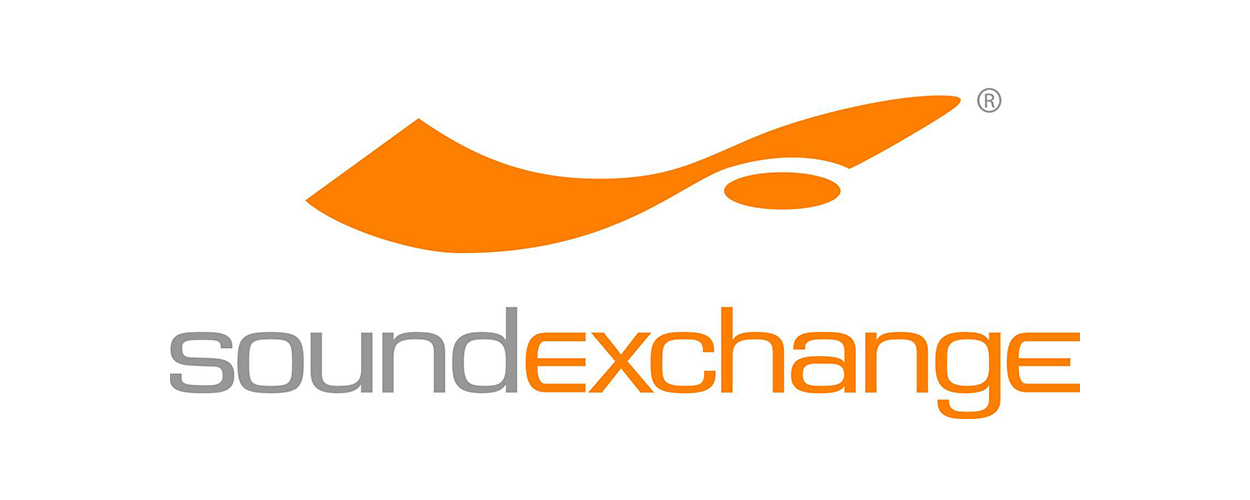This website uses cookies so that we can provide you with the best user experience possible. Cookie information is stored in your browser and performs functions such as recognising you when you return to our website and helping our team to understand which sections of the website you find most interesting and useful.
Business News Labels & Publishers
UK artist and manager groups support SoundExchange’s Fair Trade Of Music campaign
By Chris Cooke | Published on Wednesday 16 September 2020

A number of global and UK music industry organisations have come out in support of the campaign by US musicians to receive radio and public performance royalties whenever their music is used in any country.
Royalties due to artists and labels when recorded music is played on the radio or in public are collected through the collective licensing system.
Collecting societies in each country issue licences to broadcasters and other businesses within their home markets. If licensees then use music controlled by labels in other countries and/or featuring artists based in other countries, in theory, royalties should pass between the different societies via the reciprocal agreements they have signed.
So if a recording made by a British artist and owned by a UK label is played in Germany, the German society collects the money and passes it over to UK society PPL to distribute to the performers and label.
However, under US copyright law AM/FM radio stations and businesses playing recorded music in public don’t need a licence from or to pay any royalties to artists or labels.
As a result, in some countries, copyright systems have been set up so that – if it’s music from US artists and labels being played on the radio or in public – no royalties are passed over to those artists and labels, on the basis that no money is flowing in the other direction.
That restriction is sometimes called the “reciprocity” approach or the “mirror test”, and might apply to both American labels and American artists, or just one or the other. That approach is currently employed in both the UK and Ireland, but only to the detriment of American performers.
US collecting society SoundExchange has become very vocal on this issue of late, arguing that the “reciprocity” approach is both unfair and also an incorrect interpretation of global copyright treaties. It says that a “national treatment” approach should be employed instead, which says that, if domestic artists and labels earn from any one use of music, so should foreign artists and labels when it’s their recordings actually being used.
Earlier this year, SoundExchange teamed up with a plethora of other US music industry organisations to launch a campaign called Fair Trade Of Music seeking to pressure those countries that currently operate a “reciprocity” approach to foreign royalties to shift to a “national treatment” approach.
That campaign got a boost last week when the European Court Of Justice agreed that the correct interpretation of the global treaties and European law is for a “national treatment” approach to be taken. That ruling was in response to a dispute in the Irish courts between the collecting society that represents labels in Ireland, PPI, and the collecting society that represents performers, RAAP.
That strengthens SoundExchange’s arguments in Ireland and across the EU, although not in the UK, which is a key priority for the US society in terms of getting a shift from the “reciprocity” approach to the “national treatment” approach.
In that domain, SoundExchange hopes to get a commitment from the UK to make that change in any post-Brexit US/UK trade deal.
Given that securing change in the UK is a key priority of SoundExchange, getting the support of organisations that represent performers and managers in the UK is important. And yesterday it was confirmed that it now had that support from the Musicians’ Union, the Featured Artists Coalition and the Music Managers Forum. The globally focused International Federation Of Musicians and International Music Managers Forum also confirmed their support.
Welcoming that development, SoundExchange boss Michael Huppe said: “These organisations are standing up for an important principle: music is an international experience, and if a royalty is paid for the use of a sound recording, then all music creators – no matter where they are from – are entitled to receive it. The music community on both sides of the Atlantic is calling on our governments to ensure music creators are treated equally and paid fairly for their work”.
Meanwhile, in the UK, MU chief Horace Trubridge added: “The pandemic that has decimated the live music scene has thrown a spotlight on how important it is that musicians receive every last penny that they are due from the use of their recordings. We are delighted to support the Fair Trade Of Music campaign to help our colleagues in the US get the money they are due from UK public performance”.





